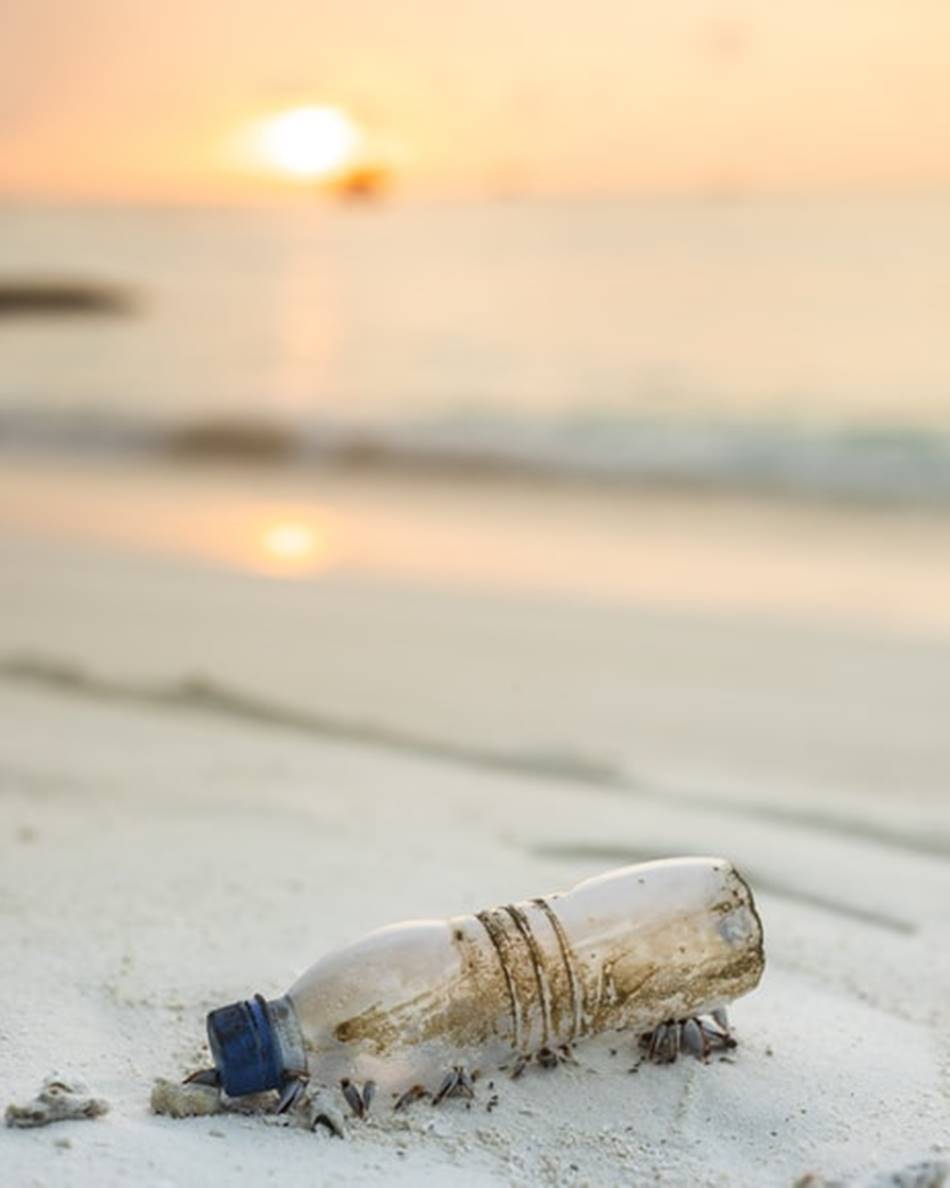This year’s Ocean Innovation Africa (OIA) emphasised the dire need to protect our oceans.
At the rate we’re going, it is estimated that by 2050, there will be more plastic in the ocean than there are fish. The consequences of our plastic consumption could mean the end of all of us.
To say South Africa has a plastic pollution problem is an understatement.
According to a 2021 report by the World Wide Fund for Nature (WWF), South Africa is the ‘11th worst offender of leaking land-based plastic into the ocean’. The numbers don’t lie. We throw approximately 109,000 tonnes into the ocean every year and the average South African generates 41kg of plastic waste a year. The good news is things are changing. There’s been a growing tide of individuals, organisations and businesses that have taken it upon themselves to reduce this number and to offer alternatives that are clean, safe and environmentally friendly.
V&A Waterfront hosted the Ocean Innovation Africa (OIA), a platform that showcases African initiatives that are working towards creating a positive impact on our oceans. And, of course, Aquasky was among the honoured attendees. ‘It’s so important to have platforms like the OIA that brings together entrepreneurs, investors, scientists, businesses and leaders that are working from around the world towards the development of a more sustainable ocean economy,’ says Justin McGahey, marketing and sales manager of Aquasky. The summit highlighted Africa’s role as a key player in the move to a blue economy and for African entrepreneurs to make sustainable oceans their business.
Why do we need to protect our oceans?
It’s simple, oceans bring in money. Justin McGahey, who attended the OIA summit adds that in terms of its trading currency to the planet… the ocean is worth $24 trillion worldwide. A study conducted recently by the Nelson Mandela Metropolitan University quantified the value of the oceans around South Africa. ‘They estimated them to have a potential to contribute R54bn to our GDP and an estimated 316,000 jobs.’
But, apart from its economic value, the ocean also keeps us alive. Our oceans generate 50% of the oxygen we need to breathe, 1/6th of the animal protein we need to eat, it holds more than 90% of all water on earth. Not only that but the ocean absorbs carbon dioxide from the atmosphere and plays an important role in alleviating climate change. Our very existence is dependent on the ocean.
So, how do we go about protecting it? Though it’s a complex situation with many facets, one way to help protect our ocean is by limiting our use of single-use plastic bottles. Here’s why we need to relook our use of single-use plastic bottles.
Reduce plastic waste
Every minute around one million plastic bottles are purchased across the globe. And though many plastic water bottles are made from polyethylene terephthalate (PET) which is recyclable, it doesn’t mean that they end up being recycled. The reality is only 9% of all plastic waste ever produced has been recycled. And, if you aren’t recycling, then these plastic bottles end up in landfills where it can take 1,000 years to decompose and leach chemicals into our soil. But, sometimes, the rubbish we throw out at home, end up in our oceans where marine life mistake it for food, eat it and die. The only way to prevent plastic bottles from polluting our seas is by a) opting for glass and re-usable water bottles and b) recycling plastic bottles. This should go beyond your drinking water. We should all be taking steps to minimise all the single-use plastic in our lives and, where you can’t, recycle.
Save natural resources
The production of plastic bottles is also a drain on natural resources like fossil fuels and water. In fact, the manufacture of plastic bottles uses six times as much water as what the bottle even contains and the production of just one pound of plastic produces up to three pounds of carbon dioxide. By reducing the demand for plastic bottles, we can minimise this pressure on these resources.
Healthier for you
Using single-use plastic bottles is not only harmful to the environment but they’re also harmful to your health. It’s no secret that plastic bottles contain chemicals, but over time those chemicals can leach into the very water you are drinking. BPA, an industrial chemical that is used to make certain plastics, has been known to have carcinogenetic implications and may disrupt the natural balance of hormones in the body. Even the BPA alternatives such as
BPS and BPF may disrupt the function of your cells. This is why these plastic bottles have a shorter shelf life and should be recycled after use.
Opt for conscious water
That’s why, when choosing bottled water, be sure to pick one that is gentler on the environment.
We only have one planet. Which is why Aquasky has taken steps to minimise harm by creating environmentally options for its customers. Their eco-range uses 100%
compostable plant-based bottles made from sugar cane. “Filled with atmospheric generated aqua, they’re essentially the most environmentally conscious water on the planet,” adds Williamson. Whereas the glass range is not only sophisticated but also made from 100% recycled glass. And with their refill services, you can take glass bottles from a single-use to a multiple-use product.
Aquasky hopes to phase out their PET plastic bottles altogether over the next few months. But, by recycling afterwards, you reduce their environmental footprint by 25%.
To find out more about Aquasky and the product range, please visit https://aquasky.co.za/ .




